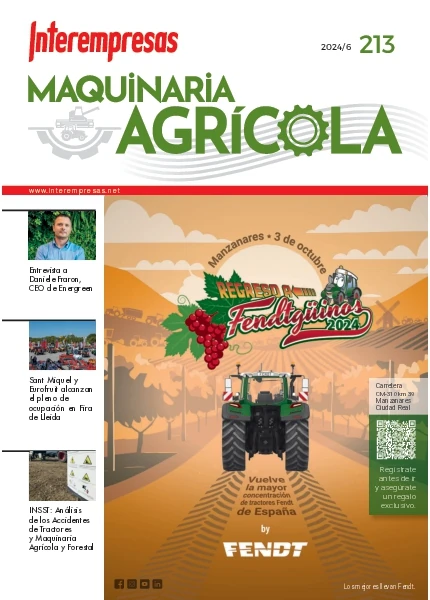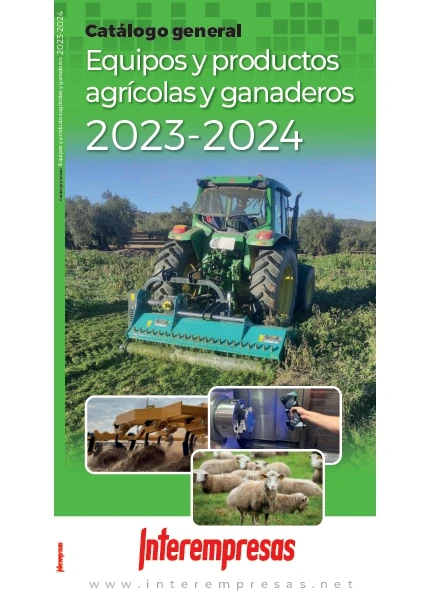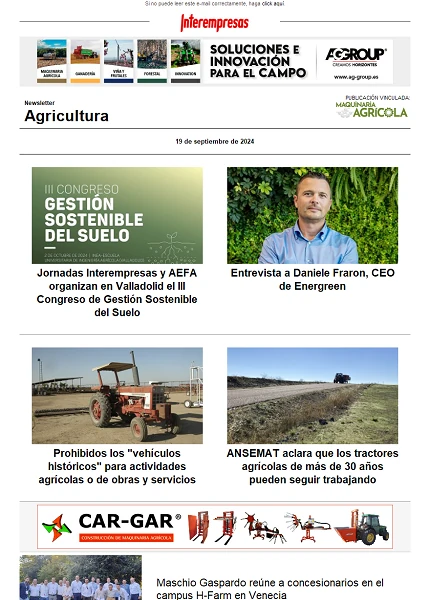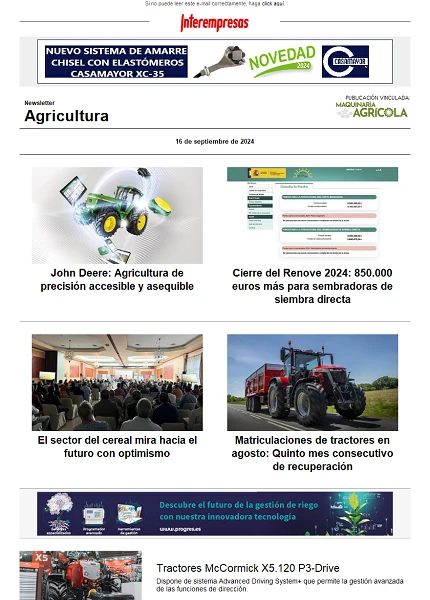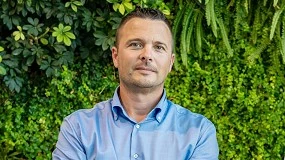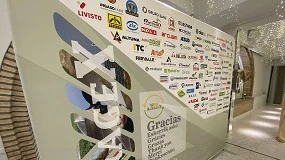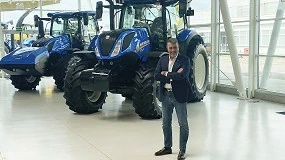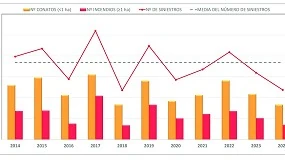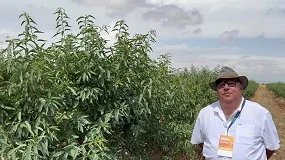Momentum for the use of biomass in the municipalities
May 10, 2011
The use of biomass and waste is an asignatura pending in a lot of European city councils. Are small, average or big, the municipalities are used to to possess a series of resources that can be taken advantage of energetically in thermal processes to produce electricity. A European project, designated
The
"We try to promote contact between different working groups of the participating regions and will try to make public the results for the regional and municipal bodies," explained Antonio Morán Palauan, director of the Irena and coordinator of the working group. In other words, "we want to see that cases that we are proposing are practical and their experiences in other places can extrapolate", summed up the researcher.
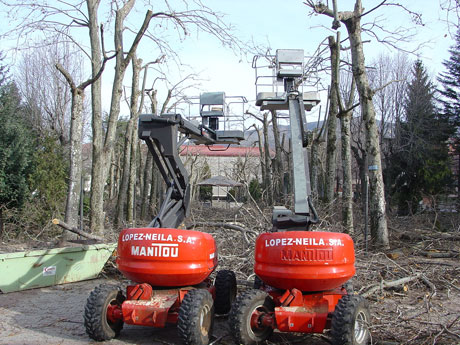
What are these practical cases? The sub-project, called 'Ebimun' (assessment of biomass resources in municipalities, its acronym in English), chose three types of different centres of population in remote areas (small towns of less than 5,000 inhabitants), in populations of between 5,000 and 20,000 inhabitants and in cities of over 50,000 inhabitants. In particular, the countries selected for this experience are Estonia, Greece and Spain. The latter shall be represented by the cities of Leon and Valladolid who, through their municipal initiatives, show the capabilities that have to generate biomass resources and to be exploited.
Improvements and technical
In addition to coordinating the sub-project, the Irena will also conduct a study of the technical improvements that can be developed in this field. This research includes the monitoring of existing for the measurement of biomass technologies, such as the use of heat, that is, analyzing the type of boiler used for the combustion of biomass.
'Bio-in-Area', the framework for action of the research, was launched at the beginning of 2011 and is planning to deliver their results in July 2012. With a global financing of Interreg, a Community initiative on cooperation between Member States, this subtrabajo provides, in different phases, the drafting of the methodology to quantify the resources of biomass, the study of technical improvements for its use, the calculation of the proposed improvements, the integration of the results between the different participants and the disclosure thereof.
There are two factors that are taken into account when it comes to the proposals of exploitation. One is the natural environment of each country. Necessarily, the participating municipalities, for geographical reasons, have different types of biomass, which affects the performance that can be extracted from them. The second factor is the size of the population. For each type are different protocols.
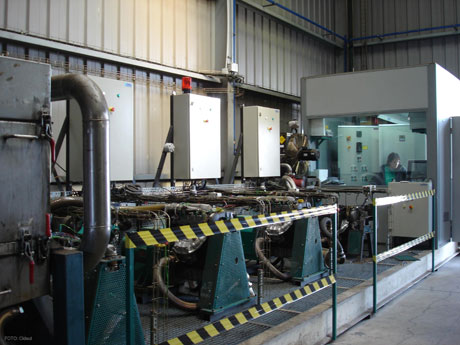
Rural municipalities are studied with the main point of view of the decision to prepare a small or central installation-help. Smaller cities are analysed with the possibility of integration with their rural areas and preparing your own installation. In large cities, such as Leon and Valladolid, the aim is to develop protocols for the best available techniques for biomass produced in the green areas of the urban environment. In this sense, the municipalities of these two cities already activities from biomass of its gardens and pruning.
The remains of pruning, usable material for Councils
A research of the city of León and the biodiversity Foundation project has made possible the conversion of the remains of the pruning of the municipal green spaces in biomass. The initiative that takes place in the school Coto, municipal park on the outskirts of the city, is the recovery of the waste of the pruning of parks and gardens for energy use.
The research of the team of municipal technicians and the biodiversity Foundation, which collaborates in the initiative, revealing that the waste of the ornamental banana, one of the tree species with greater presence in these parks and gardens, has great potential to be an excellent raw material for combustion.
In fact, the conversion of the wood of the ornamental banana pellets and chips bound for biomass boilers is a pioneer in Spain research as indicated by the city of Leon when he received the 15th prize of the Association of parks and public gardens in 2010.
The consistory was intended to build the first floor of "pellet" of this type of raw material in 2011 the school Coto. With this system, the branches and leftover leaves of gardening work would become energy for municipal buildings.


